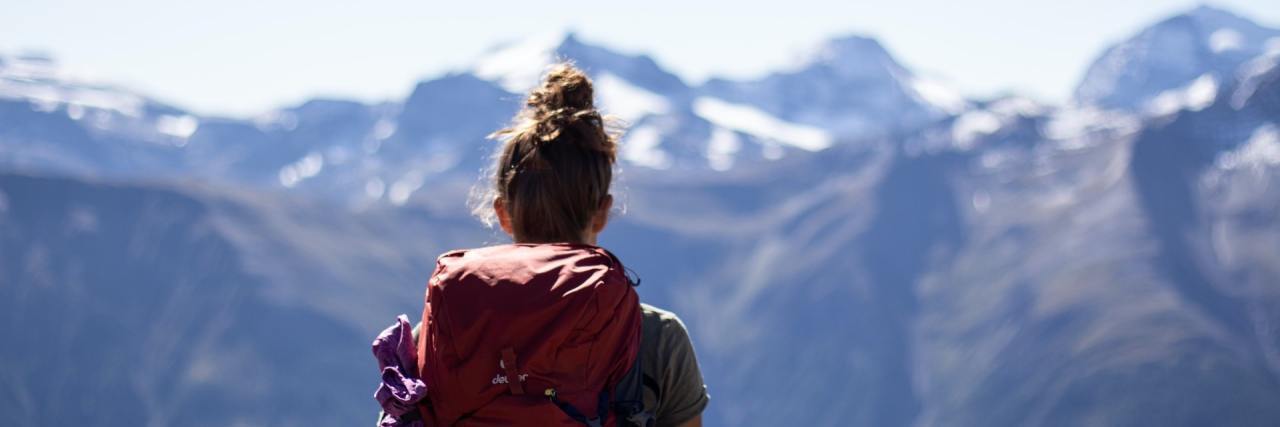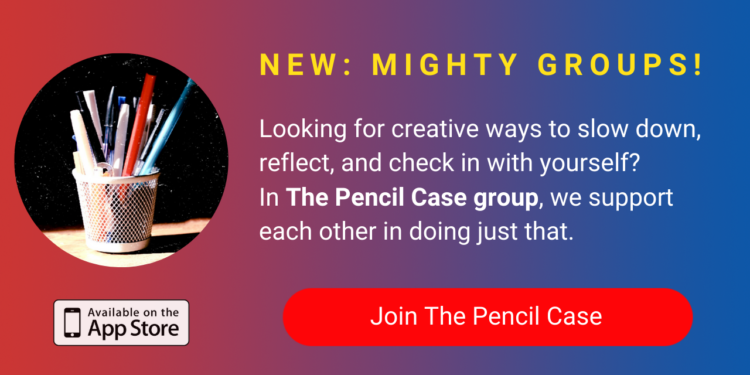I have just returned from a week-long wilderness backpacking trip, by myself. As I have gotten older, I have been learning to give myself more permission to do these trips. And as a therapist, I find this time alone is an essential part of taking care of myself so I can best support my clients. It helps me create space in myself to be compassionately present with others as they explore their emotions, whether grief, rage, joy or acceptance.
Curiously, each time I embark on one of these trips, I am asked various questions like, “aren’t you afraid?”
Or “don’t you get bored?”
And “what does your husband think?”
What is interesting to me about these questions is what they reveal about our relationships to freedom, solitude and the unknown.
Let’s take a look at each of these questions in turn.
For me, the first one about being afraid feels like a trick question. If I say no, we all know that I’d be lying. How could going out into the wilderness for a week alone not evoke a variety of fears? This is, in fact, an essential part of the experience. And if I say yes, the assumption is I shouldn’t go, and in fact many times I haven’t, because of those very fears. I think a far more interesting set of questions is “what are you afraid of?” and “how do you work with those fears?”
Some of my fears are easy to be with, for example my fear of heights. I walk as close to the edge as it takes to feel my stomach drop, then I pause and feel the fear in my body. As it settles, I decide if I want to go back, stay or go closer to the drop off. Or to address my fear of falling and getting hurt; I carry a whistle and keep my Wilderness First Responder training up to date.
My fear of violence from other people is not so easy to work with. Sure, I have practiced using the pepper spray I carry, but over the course of my life I have been taught to be nice above most other values. In that context, of course I feel afraid to go out into the woods alone for a week. Sometimes this fear can feel overwhelming and this year I decided I wanted a dog to go with me. When I wasn’t able to arrange to borrow one, I took this issue to my own therapist where I gained a more nuanced relationship with my fear. Through this process, I am learning to draw on both practical and psychological tools as I navigate my competing desires for adventure, freedom and security.
The second question about boredom seems to reveal an underlying fear that we have about being alone with ourselves. We spend so little time getting to know ourselves outside of our ideas of who we think we are, that we’re scared of what we might find if we actually had the time and space to look at what’s inside us. My experience from both solo backpacking trips and silent meditation retreats is that I am anything but bored. My mind has enough content to keep me occupied for years if I let it. But I’ve learned that much more interesting than that is my moment-by-moment direct experience of myself and the world.
The main thing I spend time doing out on the trail is to experiment with belonging to myself. I practice tending to myself physically, emotionally and spiritually. I try to listen to my intuition and trust that what’s occurring to me is the right thing in the right moment. I let myself feel what I’m feeling. I attempt to overhear my thoughts, and let fragments of poetry drift through my mind. I spend hours watching insects, giving drops of water to moss, listening for owls while watching the stars come out one by one.
I also reflect on the emotional wounds I’ve caused and ones I’ve helped to bandage. I wonder how well I have loved the people in my life and if there are things between us that need tending to. I appreciate my friends and family, my clients and the parts of me that come alive when I’m in the wilderness. I’m anything but bored. And I imagine that the questioner would find they too are much better company than they imagine.
The final question I get asked about what my husband thinks, feels like an attempt to invoke someone who might persuade me to stay home. Interestingly when my husband travels, he is also asked what I think. For me, this question reflects a fundamental cultural misunderstanding about relationships. I’m learning that my role as my husband’s wife is not to protect him from his fears by avoiding doing things that make him uncomfortable. Instead I want to inspire and support him to venture out of his own comfort zone. And ask him to do the same for me.
The exploration of these questions has me wanting to ask the questioner about their own fears of taking an equivalent trip themselves. I know that a week-long backpacking alone is not for everyone, however, we all have our own version of stepping out of our comfort zones and into the literal or metaphorical wilderness. I know from experience that seeing someone else follow their heart out into the world can bring up so many feelings about the level of permission I am giving myself. What if each of us could work with our own fears around dedicating time and energy to the things that light us up? What kinds of questions would we ask of each other then?
Behind all these questions there is another one about whether it’s OK to be ourselves. Because the one question that no one ever seems to ask is “who would you be if you did not go at all?” For me, this is the most important question. Because as I’m learning to give myself permission to go, I feel more free and I have a stronger sense belonging to myself; I am more playful and creative. I am fiercer in living my values and more courageous in my relationships. And having just returned from the trail again this year, I reaffirm my commitment to living a life where I’m giving myself permission to be me, to be all of me.
Photo by Stefan Lehner on Unsplash


